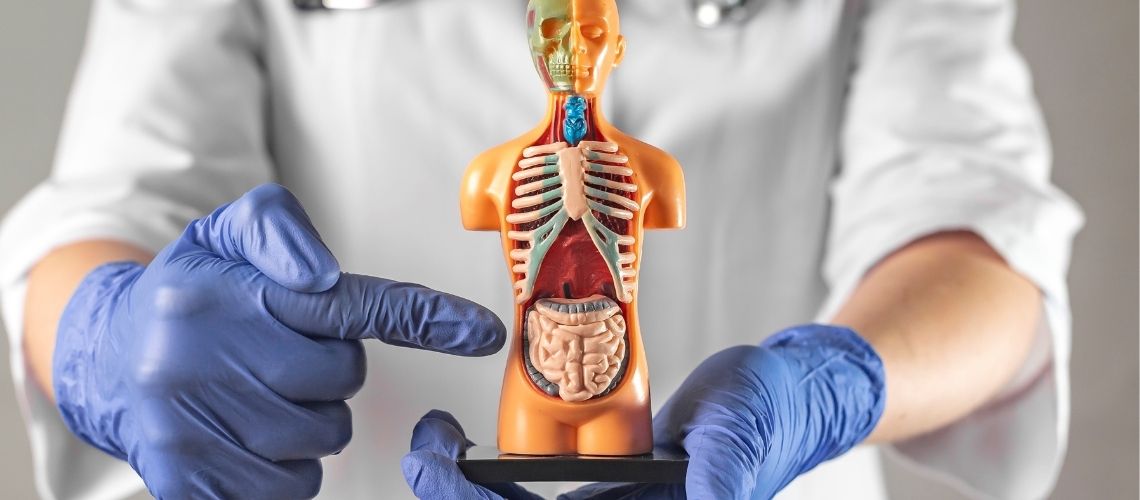Recovering from gastric sleeve surgery involves distinct phases, each crucial for a successful weight-loss journey. From immediate post-surgery measures to long-term adjustments, this process demands careful attention.
Immediate Post-Surgery Care
In the immediate aftermath of gastric sleeve surgery, a carefully structured approach to nutrition and recovery is essential. During the initial 1-2 weeks, individuals typically adhere to a liquid diet, gradually transitioning to purees, soft foods, and eventually solids. The focus lies on consuming nutrient-dense, easily digestible foods while adjusting to the reduced stomach capacity. Meticulous chewing becomes crucial to aid digestion. To ensure proper nutrient intake, supplements are often recommended. Additionally, routine blood tests monitor levels of iron, glucose, calcium, and vitamin D. Patients might also receive heartburn medication if required, aiming to mitigate any issues related to stomach acid. This phase is pivotal for the body’s healing and adaptation to the new dietary patterns.
Hydration and Nutrition
Ensuring adequate hydration and balanced nutrition are cornerstones of a successful recovery after gastric sleeve surgery. The immediate post-surgery phase emphasizes clear liquids and protein drinks to support healing and prevent dehydration. Gradually, as the diet transitions, maintaining proper hydration becomes essential for optimizing digestion, absorption of nutrients, and overall well-being. Since the stomach’s capacity is reduced, every bite counts. Meals should be nutrient-dense, focusing on lean proteins, whole grains, fruits, and vegetables. Portion control is crucial, given the limited intake capacity, and chewing food thoroughly aids digestion. Nutritional supplements are advised to meet the body’s requirements, considering the smaller meal sizes. Combining proper hydration with well-balanced, nutrient-rich meals supports healing, facilitates weight loss, and sets the foundation for long-term health.
Exercise and Physical Activity
Initiating exercise and physical activity is a pivotal aspect of post-gastric sleeve recovery. While gentle activities like walking should commence early to promote healing and prevent complications, more moderate exercises can be reintroduced after medical approval within 4-6 weeks. Regular physical activity not only accelerates weight loss but also enhances mood and contributes to overall health improvements. Engaging in a combination of cardiovascular exercises, strength training, and flexibility routines aids in building lean muscle mass, boosting metabolism, and supporting the body’s transformation. By gradually increasing the intensity and duration of workouts, individuals can harness the benefits of exercise, not only for weight management but also for sustaining a healthier and more active lifestyle in the long term.
Monitoring and Follow-Ups
After undergoing gastric sleeve surgery, consistent monitoring and follow-up appointments play a pivotal role in ensuring a successful recovery and sustained progress. During the initial months, frequent medical checkups are scheduled to assess healing, track weight loss, and evaluate overall well-being. These appointments provide opportunities to address any concerns or challenges that may arise, and to fine-tune the recovery plan as needed. Medical professionals will monitor factors such as nutritional status, potential complications, and adjustments to dietary and exercise routines. By maintaining this ongoing connection with healthcare providers, individuals can receive personalized guidance, optimize their recovery journey, and make informed decisions for their long-term health and well-being.
Lifestyle and Dietary Changes
Embracing lifestyle adjustments post-gastric sleeve surgery is essential for sustained success. With the new stomach capacity, dietary choices must prioritize nutrient-rich options to ensure optimal health. Portion control becomes second nature, as smaller meals provide satisfaction. Mindful eating, savoring each bite, and recognizing fullness cues are pivotal practices. Adopting a gradual approach to reintroducing foods allows the body to adapt comfortably. Balancing macronutrients and incorporating regular physical activity supports ongoing weight loss. While shedding pounds, individuals must also focus on preventing nutrient deficiencies by adhering to a vitamin and mineral supplement regimen. Cultivating a positive relationship with food and maintaining these changes contribute to a fulfilling, long-term transformation.
Psychological Well-being
Navigating the psychological aspects of recovery after gastric sleeve surgery is a significant component often overshadowed by physical changes. The transformation in body size can evoke complex emotions, necessitating a resilient mental outlook. Embracing the altered self-image, managing expectations, and cultivating self-acceptance are crucial. Support groups tailored for post-surgery patients offer an invaluable space to share experiences and coping strategies, helping to alleviate feelings of isolation. As the body undergoes dramatic changes, patience and self-compassion become paramount. Developing a positive relationship with food, reframing perspectives on self-worth, and seeking professional guidance when needed contribute to a successful psychological recovery. Acknowledging that the journey involves both physical and emotional transformation empowers individuals to achieve holistic well-being in the aftermath of gastric sleeve surgery.
Long-Term Maintenance
Sustaining the benefits of gastric sleeve surgery necessitates a steadfast commitment to long-term maintenance. Beyond the initial recovery, individuals must integrate fundamental lifestyle adjustments into their daily routines. This involves consistently adhering to a balanced and portion-controlled diet, focusing on nutrient-rich choices while being mindful of satiety cues. Regular physical activity becomes a cornerstone for weight management and overall well-being, aiding in the prevention of weight regain. Adherence to scheduled medical follow-ups remains crucial, allowing healthcare professionals to monitor progress, address any potential concerns, and provide guidance tailored to evolving needs. Embracing these practices fosters the continuity of positive outcomes, empowering individuals to maintain their weight loss and achieve lasting success.


